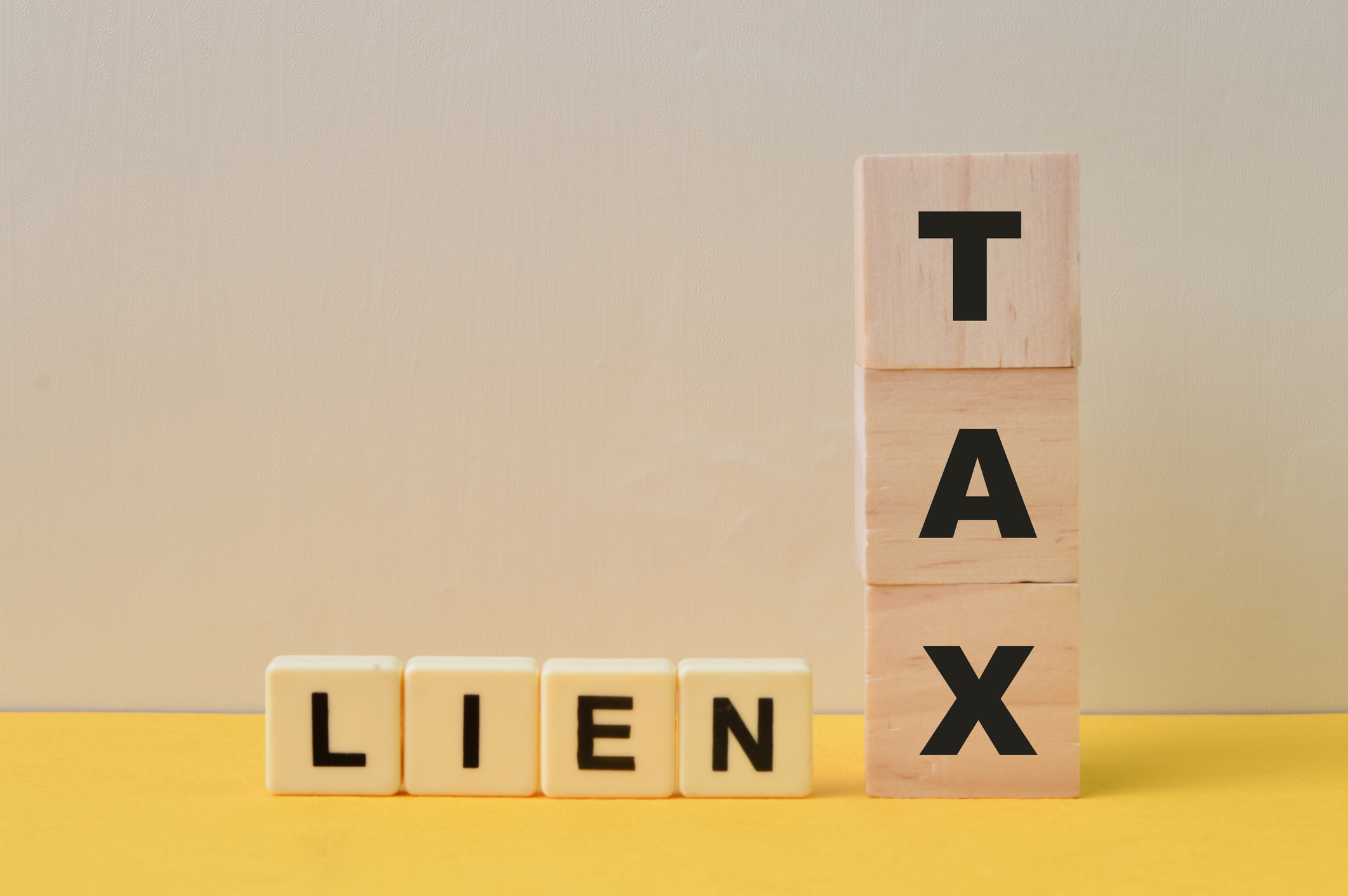The real estate market has been especially active over the last two decades. At several points in the market cycle, there has been very little inventory of homes for sale. Many taxpayers think their home cannot be sold if the government has a tax lien against it. This is just not the case.
Tax liens against property are more common than you think. The Internal Revenue Service (IRS) will file a lien against real estate if you owe more than $10,000.00. The Minnesota Department of Revenue, and most state level tax authorities, will file a lien for even smaller amounts. With the Great Recession, COVID-19, and high inflation hitting the economy back to back, it is understandable that many Americans face tax bills they cannot pay.
The IRS and the Department of Revenue do not want your house. The government just wants the equity in the home. The IRS will discharge your home from the lien if it helps the government get paid.
Lien Discharge is Possible
The two most common instances of this are for homes that are underwater and for homes that have equity. Obviously, if the sale proceeds can pay the tax debt, the IRS wants the home to sell so the government receives its money. Even if the proceeds will not pay the debt in full, many times the IRS will discharge the home if they receive the proceeds at closing. Moving to a less expensive home often allows taxpayers to free up income, that would otherwise go towards a mortgage, to make payments on their tax debt.
It is in the government’s best interest to let the sale happen in these cases. The same can be said for refinancing. If a mortgage lender would otherwise refinance your mortgage, but will not extend credit just because of the tax lien, then it is still in the best interest of the government to let you refinance. In these cases, the IRS, in many cases, will subordinate its lien to the new mortgage. Especially if the new mortgage has a lower payment so you can pay off your tax debt faster.
Some Taxpayers May Have the Lien Withdrawn
In some cases, the IRS will even withdraw its lien. There are stringent guidelines, but depending on our circumstances, it could be possible to ask the government to withdraw its lien. This will improve your credit score and allow you to rebuild your credit while you take care of the tax debt. If a refinance is necessary, the withdrawn lien may allow you to qualify for a better interest rate.
Selling your home can be the first step to getting enough breathing room to deal with your tax debt. There is a set period of time for the government to collect. Tax debt can be dealt with through installment payment plans, offers-in-compromise, and even innocent or injured spouse relief. In some cases, it could even be possible to eliminate costly penalties or have the debt re-evaluated if you should not owe it.
Whether the lien first appears after you sign a purchase agreement or if you want to list your home, it is still possible to work things out and complete the sale. For questions or to discuss your individual situation, please feel free to contact author Michael Redden, [email protected] or (952) 746-2172.

